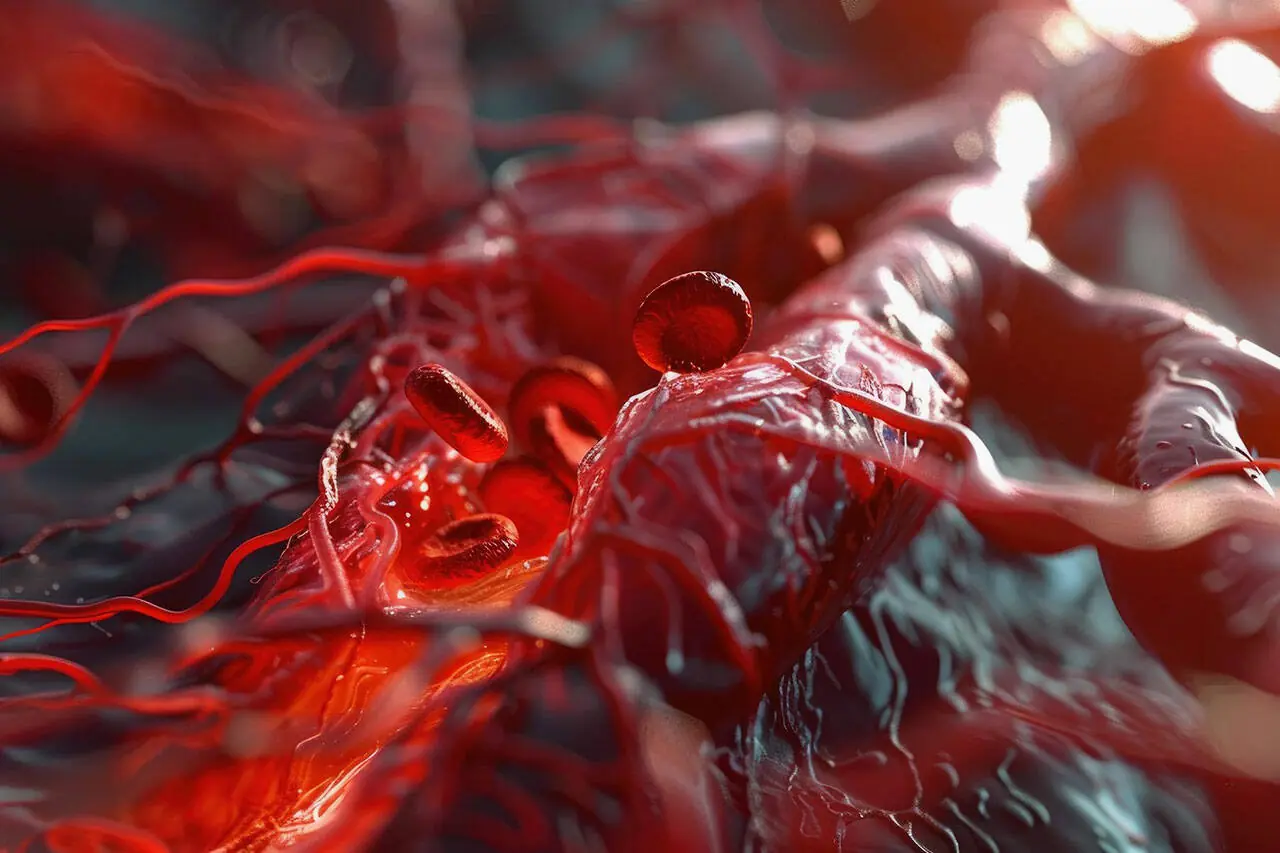
6 Types of Pain You Shouldn’t Ignore
We all experience pain from time to time, and most of the time it’s nothing more than a temporary nuisance. But sometimes pain is the body’s urgent warning sign that something far more serious is happening.
Knowing which types of pain require immediate attention could save your life, prevent long-term damage, and help you get the right treatment faster.

Why Understanding Pain Matters
In today’s world of endless health information online, it’s easy to brush off symptoms or self-diagnose incorrectly. Yet experts stress that no severe or unexplained pain should be ignored.
Dr. Catherine Sarkisian, professor of general internal medicine at UCLA, explains: “No severe pain should be ignored. That doesn’t mean you need to call 911 for every ache, but it does mean you should take pain seriously and reach out to your physician.”
Having a trusted primary care doctor is essential. Your doctor can help you evaluate whether your pain needs emergency care, a specialist referral, or simple monitoring. Ignoring warning signs, however, can increase the risk of complications.
Below are six types of pain that should never be dismissed, along with the symptoms that indicate when it’s time to seek urgent medical care.
- Urgent Chest Pain: Don’t Wait, Act Immediately
Chest pain is one of the most alarming symptoms you can have. According to Dr. Raj Dasgupta, chief medical adviser for Fortune Recommends Health, you should call for help immediately if chest pain feels like pressure, squeezing, tearing, or tightness.
Red-flag symptoms include:
- Pain spreading to your back, neck, jaw, or arms
- Shortness of breath
- Nausea or vomiting
- Breaking out into a sweat
- Dizziness or lightheadedness
The National Library of Medicine advises that chest pain lasting longer than two minutes is a medical emergency. While not all chest pain means a heart attack—sometimes it’s due to indigestion, strained muscles, or acid reflux—sudden, unexplained pain should never be ignored.
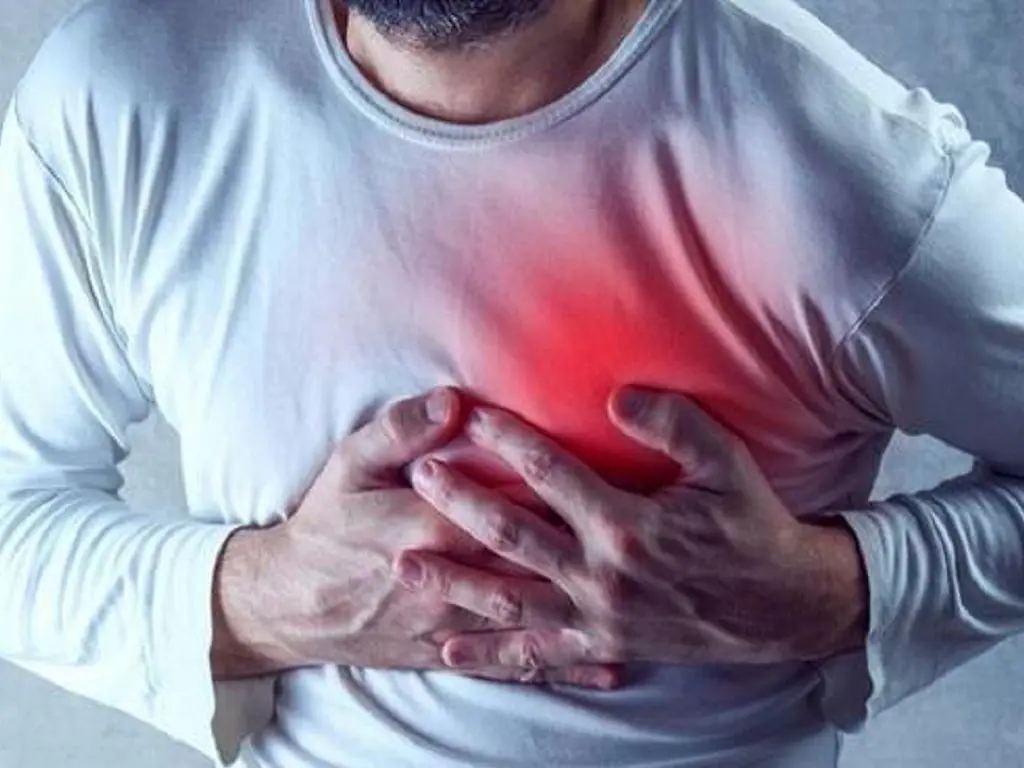
- Severe Abdominal Pain: When the Stomach Sends a Distress Signal
Occasional indigestion after a heavy meal is normal. But severe abdominal pain, especially when it comes on suddenly, can be a sign of something life-threatening.
Seek urgent care if you experience:
- Pain so severe you can’t sit still
- Sudden sharp pain with fever or vomiting
- Black or bloody stools
- Inability to pass gas or have a bowel movement
- Pain radiating into your chest or making it hard to breathe
Possible causes include:
- Appendicitis
- Gallbladder disease
- Pancreatitis
- Blocked intestines
- Aortic aneurysm
Abdominal pain that escalates quickly is never something to watch and wait on—it requires professional evaluation immediately.
- Painful Urination: Warning Signs from Your Urinary System
Burning or pain while urinating (dysuria) can be extremely uncomfortable and is often linked to urinary tract infections. While a UTI may seem minor, ignoring it can allow the infection to spread to your kidneys and bloodstream.
Painful urination can also signal:
- Bladder inflammation
- Kidney stones
- Sexually transmitted infections
See a doctor if you also notice:
- Blood in your urine
- Fever and chills
- Cloudy or foul-smelling urine
- Severe back or side pain
Kidney stones, in particular, require quick medical attention to prevent lasting kidney damage.
- Back Pain That Shouldn’t Be Ignored
Back pain is one of the most common complaints in the U.S., but sometimes it points to something beyond strained muscles.
Seek urgent evaluation if back pain is accompanied by:
- New weakness, numbness, or tingling in the legs
- Loss of bladder or bowel control
- Pain that persists for more than six weeks or worsens over time
- Fever or unexplained weight loss
Such symptoms could indicate nerve compression, spinal infection, or even kidney problems. Dr. Sarkisian notes that while many cases improve with rest and time, changes in symptoms or sudden severity demand professional evaluation.

- Severe Headaches: More Than Just a Migraine
Most headaches are harmless and often triggered by stress, dehydration, or lack of sleep. But certain types should never be brushed aside.
Seek emergency help if you experience:
- The worst headache you’ve ever had, appearing suddenly
- Confusion or difficulty speaking
- Blurred or double vision
- Weakness or paralysis on one side of the body
- Stiff neck or fever
Such headaches may indicate a stroke, bleeding in the brain, or a ruptured aneurysm. Persistent headaches that worsen over time also warrant medical attention, as they could be a sign of more serious underlying conditions.
- Leg Pain: Possible Blood Clots
Leg pain can result from something as simple as overexertion or dehydration. But when it comes with specific symptoms, it may be a sign of deep vein thrombosis (DVT)—a potentially dangerous blood clot.
See a doctor urgently if leg pain is:
- Sharp and focused on one spot
- Accompanied by redness, warmth, or swelling
- Worse when you move
- Paired with sudden shortness of breath or chest pain
Other red flags include fever, unexplained bruising, or legs that appear cold and pale. DVT requires immediate treatment to prevent the clot from traveling to the lungs, which can be life-threatening.

Why Quick Action Matters
Pain is the most common reason people seek medical care, yet it’s also one of the most misunderstood signals the body sends. Ignoring severe or sudden pain can lead to delayed diagnosis, worsening illness, and in some cases, life-threatening outcomes.
While not every ache demands a trip to the ER, knowing these six pain categories helps you recognize when immediate care is essential.
The Bottom Line
Pain is the body’s alarm system—it exists for a reason. Occasional mild discomfort may not require urgent care, but sudden, unexplained, or severe pain always deserves medical attention.
Establishing a strong relationship with your primary care doctor ensures you have someone to guide you through these decisions, helping you act quickly when it matters most.
Your health and safety depend on listening to your body’s signals—and never ignoring pain that could be trying to save your life.
News in the same category


Why Cold Showers on Hot Summer Nights May Keep You Awake

Lesser-Known Menopause Symptoms

Signs Your Cortisol Is Dangerously High
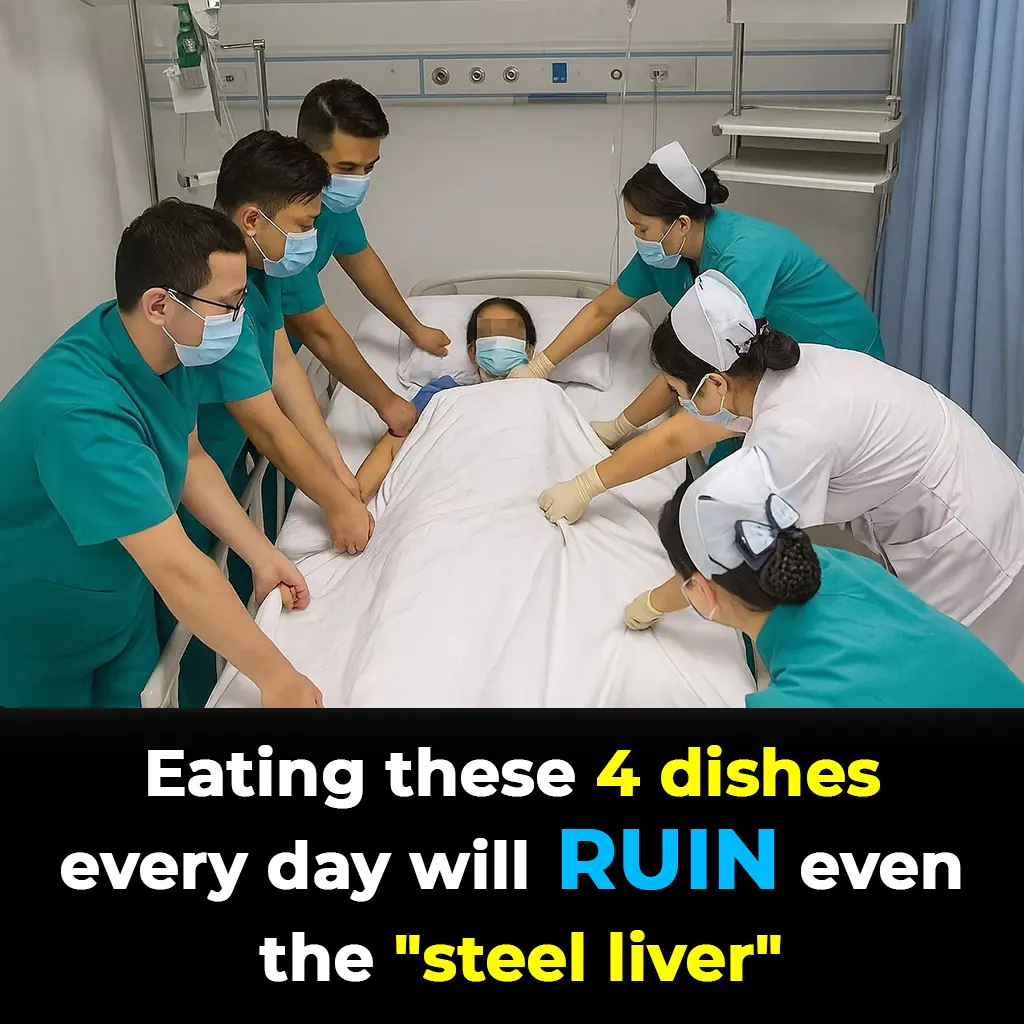
He Never Drank Alcohol but Died of Liver Failure: Doctors Reveal 4 Common Foods That Quietly Destroy the Liver
A man who stayed away from alcohol his entire life shocked his family when he was diagnosed with liver failure and passed away at just 55 years old. Doctors warn that alcohol is not the only enemy of the liver—certain everyday foods can be just as destr

Vitamin D Overdose: When Good Intentions Turn Toxic
Vitamin D is often celebrated as the “sunshine vitamin,” vital for bone strength, immune health, and even protection against certain chronic diseases. But while moderate amounts are essential, excessive or unsupervised intake can be toxic—and in som

Scrolling on the Toilet? Experts Warn It Could Trigger Painful Hemorrhoids
For many, the bathroom has become more than a necessity—it’s a private escape, a brief pause in the day, and for some, even a mini reading lounge. But researchers warn that lingering too long with your smartphone on the toilet may quietly be raising y
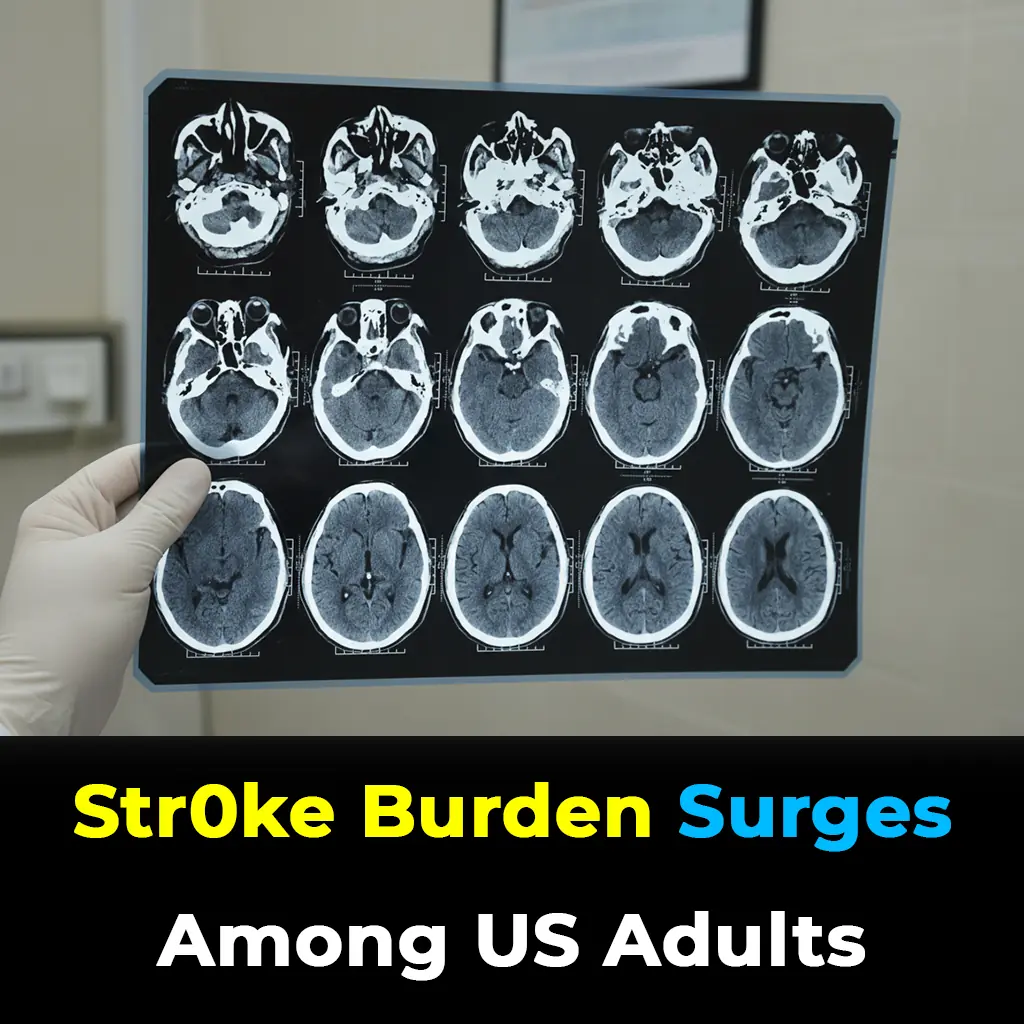
Stroke Rates Soar Among US Adults: Experts Warn of Alarming Trend
The burden of stroke in the United States has climbed sharply over the past three decades, with millions now living with its long-term effects. While medical progress has reduced mortality rates, the overall number of cases continues to rise—especially

Beetroot Juice’s Nitrate Effect: A Natural Way to Support Heart Health
Beetroot juice isn’t just a vibrant superfood—it may hold the key to naturally lowering blood pressure, especially for older adults. A new study shows how the nitrates in this root vegetable can transform cardiovascular health and reshape the body’s

Your unexplained fatigue and bloating could be intestinal parasites feeding off you right now

Mix Bananas, Honey and Water: Cough and Bronchitis Will Disappear

Forget 10,000 steps: Scientists prove 7000 steps gives you ‘almost identical’ life-saving benefits

What Is Sleep Talking?

Farting Too Much at Night: Here’s What It Might Mean

What Foamy Urine Might Be Trying to Tell You

What Sleeping with Your Arms Crossed Really Says About You

How to Kill the Bacteria Causing Heartburn and Bloating
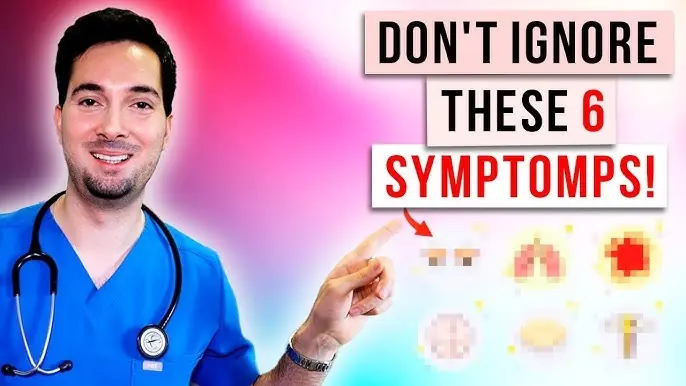
The Hidden Warning Signs of Iron Deficiency—and How to Fix It

Beat a Sinus Infection Fast with These Natural Remedies
News Post

MAHA Chief Medical Advisor Dr. Aseem Malhotra Just Declared That No One Should Have Ever Taken the COVID mRNA Vaccines.

New mRNA Shot Turns Immune Cells Into Cancer-Killers Directly Inside the Body, Study Finds

One Vitamin That Could Transform Your Circulation

Why Cold Showers on Hot Summer Nights May Keep You Awake

Lesser-Known Menopause Symptoms

Signs Your Cortisol Is Dangerously High

Genius Laundry Hack: Why Putting an Empty Plastic Bottle in Your Washing Machine Can Save Time and Hassle
It may sound strange, but dropping a simple empty plastic bottle into your washing machine could completely change the way you do laundry. This clever trick not only prevents clothes from tangling but also improves the overall cleaning process, making you

How long should frozen meat be thrown away? Here's the answer.

Put a Roll of Toilet Paper in the Fridge Overnight: The Unexpected Hack That Saves Families a Fortune
A simple household item can become a powerful money-saving tool if you know how to use it wisely. Believe it or not, placing a single roll of toilet paper inside your refrigerator overnight can help reduce odors, prevent frost buildup, and even cut down y

This is the reason why you should plant aloe vera in your home right away.

Groom-To-Be, 28, Dies of Acute Liver Failure After Eating Chicken: Doctors Urge the Public to Beware of This Hidden Danger
The tragic story of a young man in China who was preparing for his wedding but suddenly died from acute liver failure after food poisoning has shocked the nation. Experts warn that improper food handling and consumption of spoiled or contaminated food can

He Never Drank Alcohol but Died of Liver Failure: Doctors Reveal 4 Common Foods That Quietly Destroy the Liver
A man who stayed away from alcohol his entire life shocked his family when he was diagnosed with liver failure and passed away at just 55 years old. Doctors warn that alcohol is not the only enemy of the liver—certain everyday foods can be just as destr

Vitamin D Overdose: When Good Intentions Turn Toxic
Vitamin D is often celebrated as the “sunshine vitamin,” vital for bone strength, immune health, and even protection against certain chronic diseases. But while moderate amounts are essential, excessive or unsupervised intake can be toxic—and in som

Why You Shouldn’t Be Washing Bath Mats in the Washer

Snakes in Your House

Sessile Joyweed (Alternanthera sessilis): 6 Incredible Health Benefits and How to Use It Naturally

Top 5 Amazing Tips for getting rid of Blackheads and Whiteheads
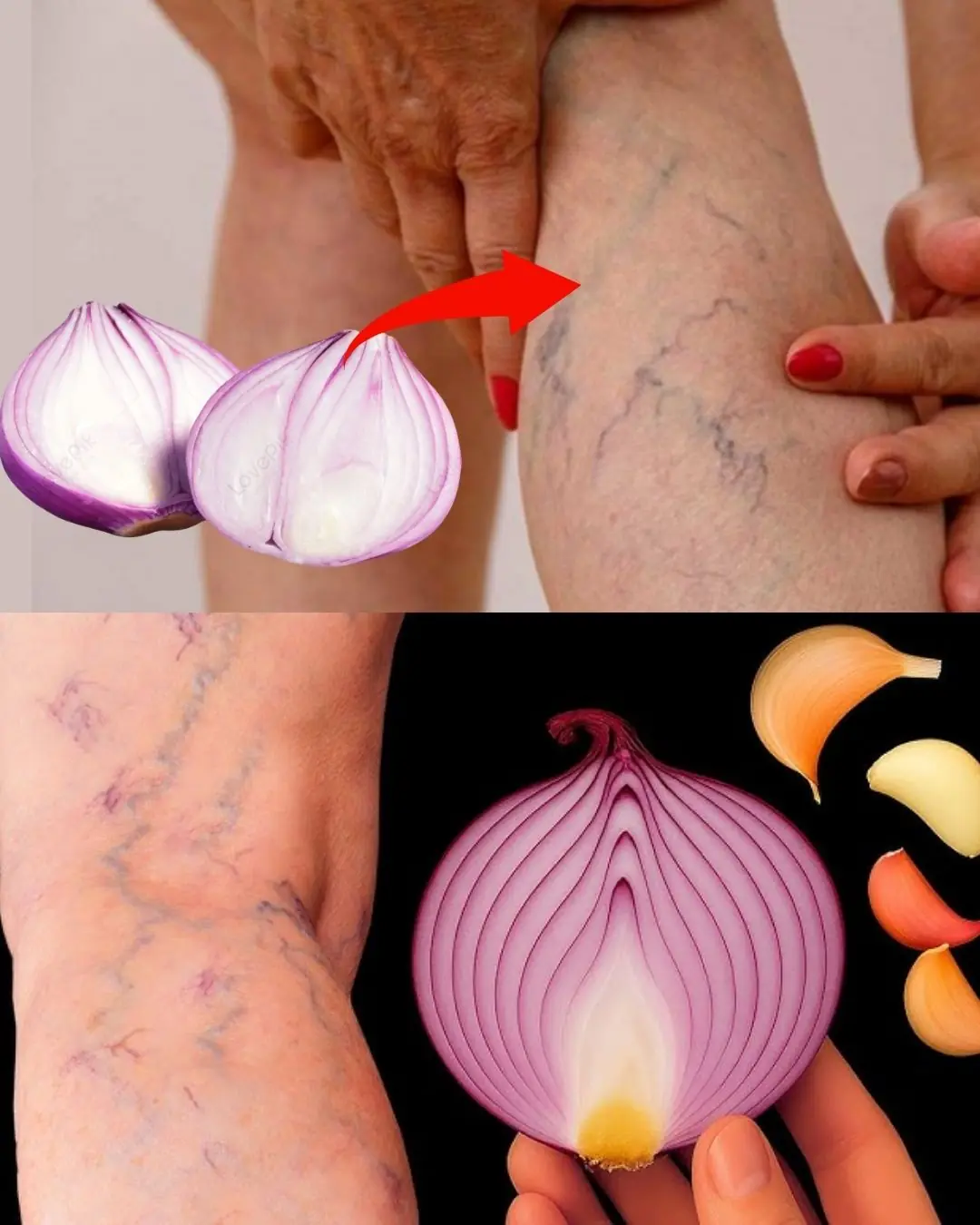
✨ Unbelievable! This Is a Vein Killer! Erase Varicose Veins Like an Eraser! 🔝 2 Natural Recipes 🤩
